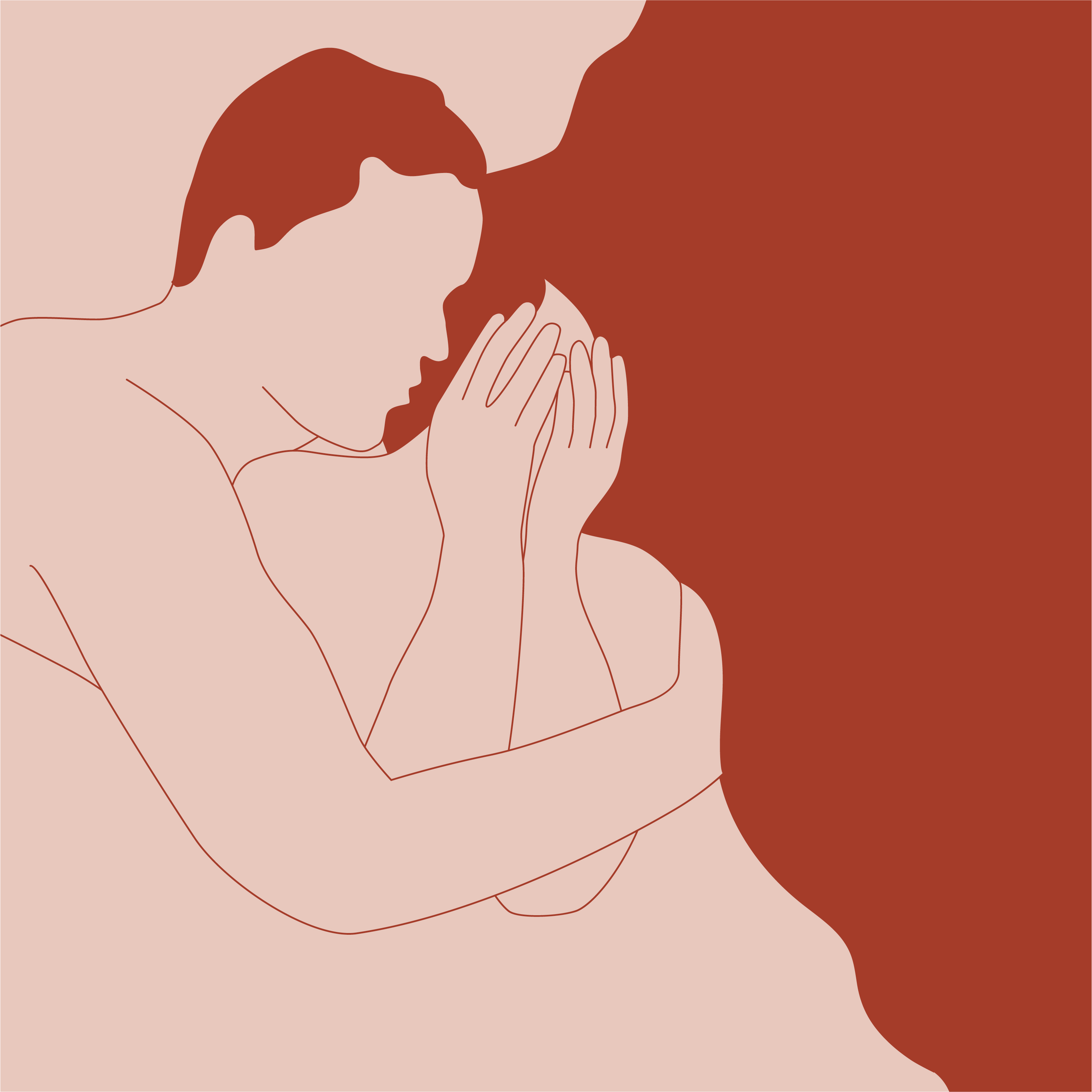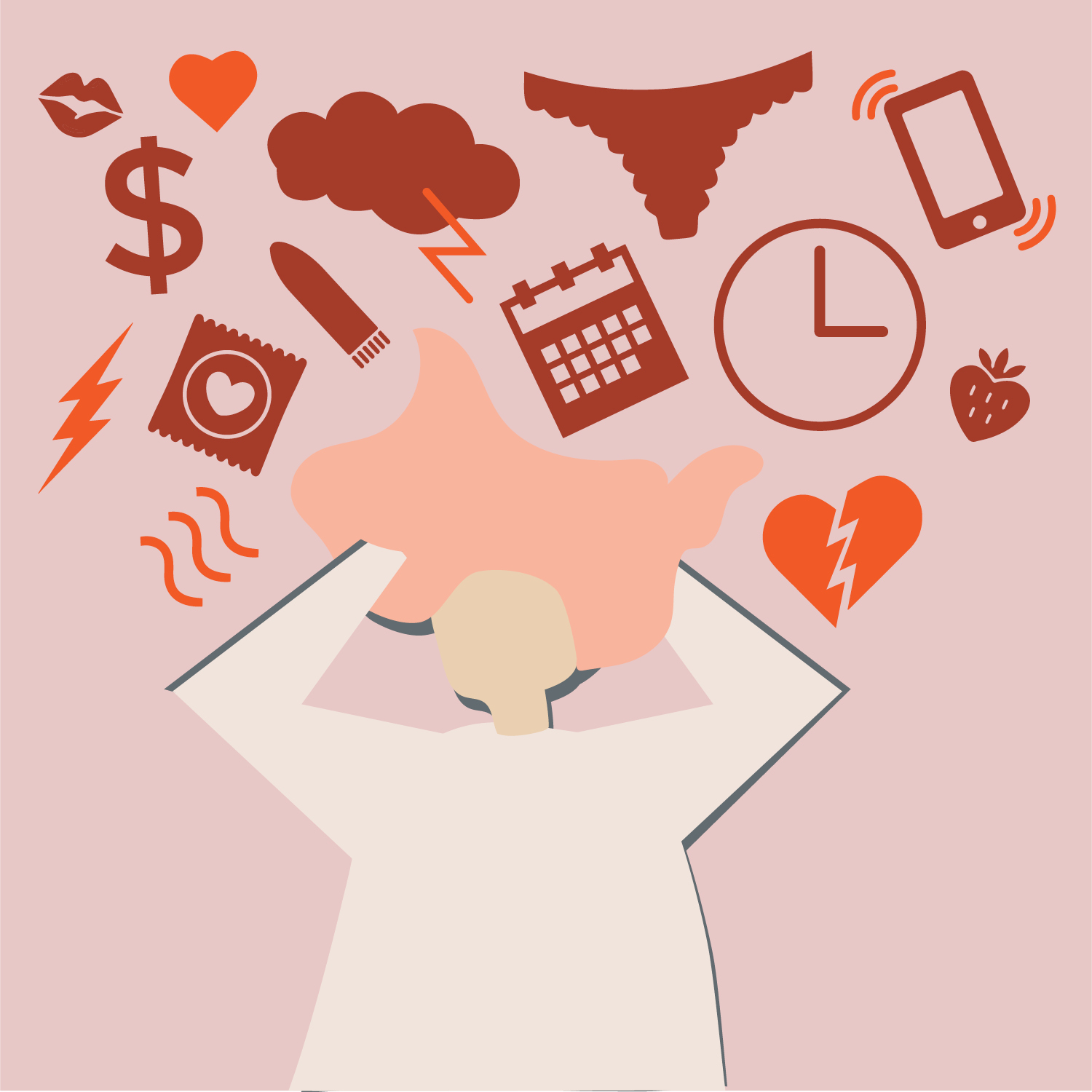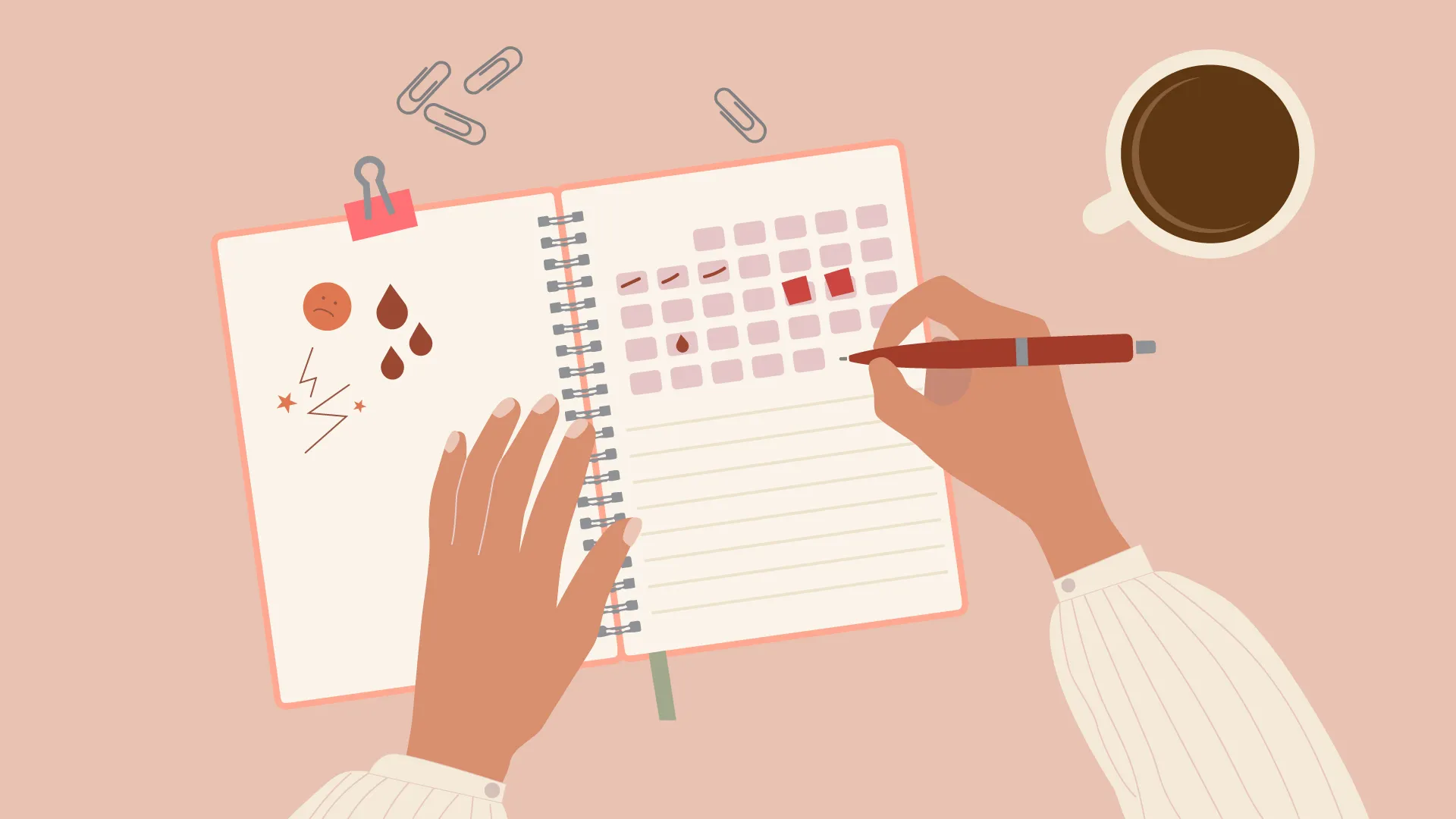May 23, 2025
FROM TEENS TO POSTPARTUM: HOW PERIOD TRACKING HELPS IN EVERY LIFE STAGE
If you’ve ever jotted down your period dates on a scrap of paper or tapped them into your phone, you’ve already started cycle tracking, whether you realised it or not. While many associate tracking with fertility, its benefits go far beyond that.
Tracking your period helps you tune into your body through every stage of life: from the unpredictability of your teen years to the hormonal shifts that come after having a baby. It’s not about obsessing over numbers or dates. It’s about paying attention and understanding your unique rhythm.
Starting Young: Learning to Notice Patterns
Those early periods can feel like a guessing game. One month it’s short, the next it’s late, and the cramps seem to come out of nowhere. It’s hard to know what’s normal when everything still feels new.
That’s exactly why tracking matters. Even simply noting your period’s start and end dates each month builds a clearer picture over time. Patterns will emerge, not always immediately, but they will.
And honestly? Not being caught off guard during a school trip or a game is a win.
In Your 20s and 30s: When Life Gets Busy
Whether you're navigating your career, managing relationships, planning a holiday, or trying to avoid (or plan for) pregnancy, understanding your cycle can quietly support all of it.
Maybe you've noticed your mood dips at the same time every month, or your skin breaks out just before your period starts. Or maybe you're just tired of wondering if your period is late because of stress or something else. Tracking connects those dots.
Even if babies aren’t part of the picture, knowing when you usually ovulate or how your energy shifts can be surprisingly useful. A small habit that makes a big difference behind the scenes.
Postpartum: Rebuilding Familiarity with Your Body
After having a baby, your body doesn’t always go back to “normal”, at least, not right away. Your period might stay away for a while, especially if you're breastfeeding, and when it does return, it might feel different.
This phase can be unpredictable. Tracking, even loosely, can help you make sense of what’s going on. It’s not about perfection, just paying enough attention to notice if something needs a second look.
Amid nappy changes, sleepless nights, and feeding routines, this small act of tracking can be a grounding moment, a way to reconnect with yourself.
PMS & Emotional Patterns: “I Knew It Was Coming”
There’s a relief that comes with recognising the signs: feeling irritable, craving chocolate, and then realising your period is due. Regular tracking turns surprises into understanding.
When you understand your body’s rhythm, you’re better equipped to handle those tougher days. Maybe that means planning your week a little differently or just being kinder to yourself when your energy’s low or emotions are running high.
If your cycle changes - periods become irregular, spotting increases, or symptoms feel new, your tracking record becomes a powerful tool when you speak with your healthcare provider.
Digital Tools Can Help, But You Know Your Body Best
Apps for cycle tracking range from simple calendars to mood and nutrition logs. Whether you use an app or a notebook, what matters most is building self-awareness.
Over time, you might spot things you hadn’t noticed before, maybe you always feel off around ovulation, or you consistently sleep worse just before your period. These aren’t random. They’re part of your cycle, and knowing this helps you work with your body, not against it.
Just remember: If your period doesn’t show up when the app says it should, trust your body over the algorithm.
Final Thoughts: It’s About Knowing Yourself
There’s no such thing as a “perfect” cycle. Some people have short ones, others long or irregular ones. Hormones shift. Life happens. That’s why tracking isn’t about control, it’s about understanding.
Whether you're 14 and figuring it all out, 25 and juggling a million things, or postpartum and rediscovering your body, cycle tracking offers something valuable: clarity.
In a world that doesn’t always make space for menstrual health, taking time to notice and understand your cycle is its own quiet act of self-care. And it stays with you, through every change ahead.
Blogs

Jun 08, 2022
EXPLORING PERIOD CARE IN CULTURES AROUND THE WORLD
Our TOM Talks panelist Sabina McKenna explores how different cultures around the world approach period care.
Read More
Jun 08, 2022
STOP APOLOGISING FOR HAVING YOUR PERIOD
Our TOM Talks panelist Mel Mason talks about the importance of not apologising for having your period.
Read More
Jun 07, 2022
STRESSED? NOT SLEEPING? TRYING TO CONCEIVE?
TOM Talk's panelist Georgia Hartmann discussed the links between stress, sleep and fertility.
Read More
Jun 07, 2022
STRESS AND HOW IT AFFECTS YOUR SEX DRIVE
Certified sex coach Georgia Grace is here to unpack the link between stress and sex.
Read More
